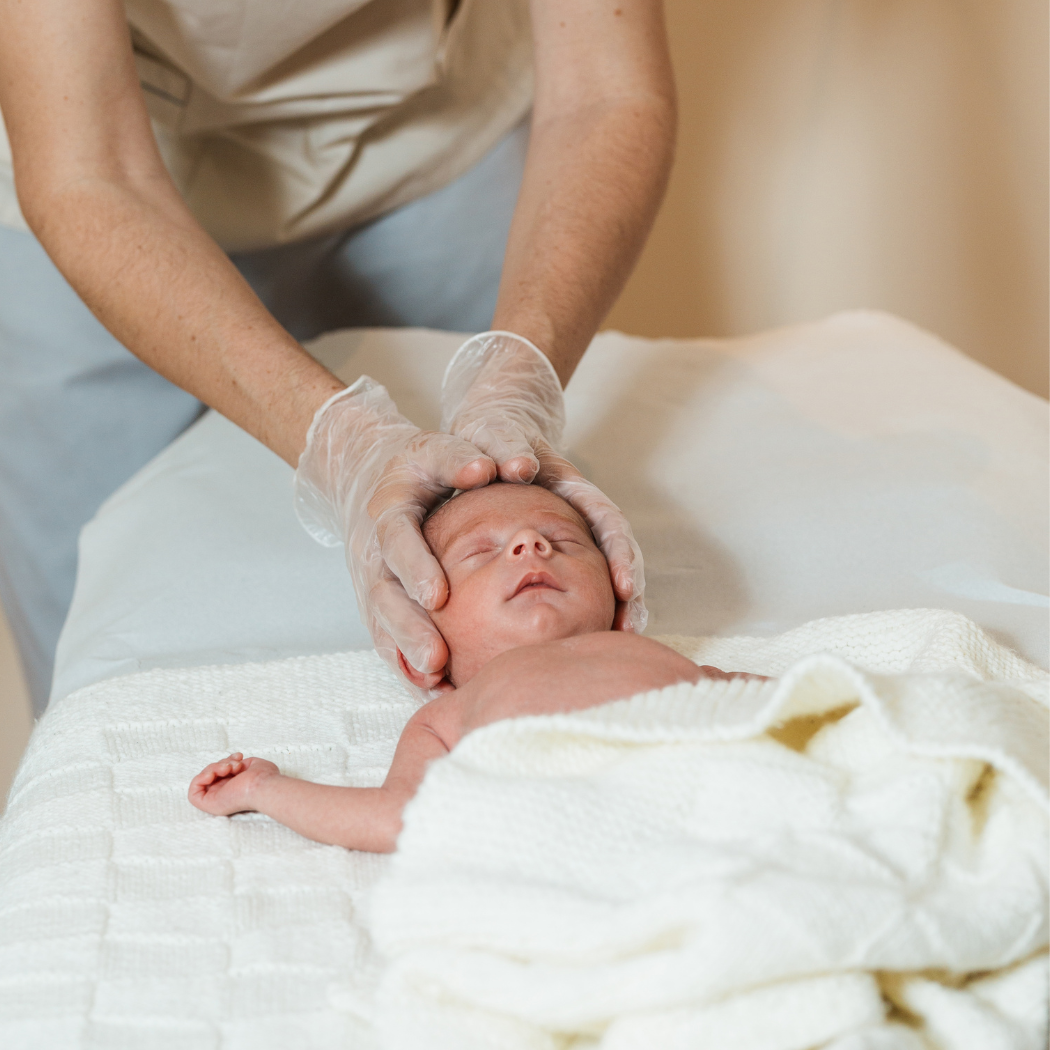What is Domestic Abuse?
Domestic abuse refers to a pattern of controlling, coercive, threatening, degrading, and violent behaviour by a partner, ex-partner, family member, or carer.
It is important to recognise that domestic abuse is not limited to physical violence; it also includes emotional, psychological, financial, and sexual abuse. Coercive control has been a criminal offence since 2015, but many parents still don’t understand the impact on their emotional wellbeing due to the drip effect over time and fear of not being believed.
In the UK, the Domestic Abuse Act 2021 broadens the definition of domestic abuse to include babies and children being recognised as victims in their own right. The Act recognises that domestic abuse can be a single incident or a pattern of incidents and can occur in both intimate and family relationships.
Domestic abuse may have severe consequences, particularly during pregnancy. Understanding the signs of domestic abuse and its implications during pregnancy is essential for safeguarding both the parent and their baby.
Why is Domestic Abuse Such an Issue During Pregnancy?
Pregnancy is a time of vulnerability, both physically and emotionally. It is also a period when domestic abuse is alarmingly common. Research from The For Baby’s Sake Trust indicates that 40% of domestic abuse occurs within the first 1001 days of a baby’s life – from pregnancy until their second birthday. The stress, anxiety, and physical harm caused by domestic abuse can lead to serious complications.
One reason for the increased risk or escalation during pregnancy is the heightened emotions and stress that come with the anticipation of a new baby. Additionally, some parents who cause harm may feel threatened by the impending arrival of a baby with feelings of jealousy and envy.
The impact of domestic abuse during pregnancy is profound. Physical abuse can lead to injuries, resulting in preterm birth, low birth weight, and even stillbirth. Moreover, the stress and trauma associated with domestic abuse can have long-term effects on the child’s development, including cognitive, poor emotional regulation and skills to develop health relationships, as well as behavioural problems. Babies born into environments where they experience domestic abuse are at higher risk of being exposed to or experiencing abuse themselves.
Why Do Parents Feel Unable to Access Professional Support for Domestic Abuse?
Many parents who experience domestic abuse during pregnancy feel unable to seek professional support.
Data from The For Baby’s Sake Trust highlights that 40% of parents feel unable to seek help for domestic abuse, and only 10% do receive support during the first 1001 days of their baby’s life.
A significant barrier is the fear that their baby might be taken from their care. This fear is particularly acute for parents who have experienced social services intervention in the past or who are aware of the potential consequences of disclosing abuse.
Additionally, parents may feel ashamed or embarrassed to admit that they are being abused, particularly during pregnancy or that they will not be believed. The stigma surrounding domestic abuse can be a powerful deterrent to seeking help. Some parents may also be financially dependent on the person using abusive behaviour or feel isolated from friends and family.
There is also a widespread lack of awareness about what constitutes domestic abuse, particularly non-physical forms of abuse such as coercive control, financial abuse, tech abuse and stalking & harassment. Parents who experience these types of abuse may not recognise the behaviours as abusive.
Another critical factor is the co-parent causing harm may actively prevent their co-parent from accessing healthcare and support services or always attending their appointments giving less opportunity for disclosure and further isolating them.
Where Can Parents Find Support for Domestic Abuse?
Despite the barriers, it is crucial for parents who experience domestic abuse, especially during pregnancy, to seek support. Several avenues are available for those who need help:
Healthcare Providers: Midwives, GPs, Health Visitors and other healthcare professionals are often the first point of contact for pregnant parents. They are trained to recognise the signs of domestic abuse and can provide a safe space for parents to disclose their experiences.
Charities and Helplines: Organisations like The For Baby’s Sake Trust offer specialised support for parents who experience domestic abuse during pregnancy. Other organisations, such as Women’s Aid, Refuge, The Men’s Advice Line and ManKind also offer helplines, safe accommodation and online resources.
Social Care: If domestic abuse is disclosed, they can help create a safety plan and provide resources to protect both the parent and baby.
Police: The police can offer protection and remove the parent using abusive behaviour from the home. They can also refer parents to domestic abuse services and applying for court orders for ongoing support and protection
Why is it Crucial to Seek Support?
Seeking support is not just about stopping the abuse—it’s about safeguarding the health and future of both co-parents and the baby by ensuring safe separation or support for both co-parents to ensure a healthier, safer environment for their baby.
Reach out now, and break free from the devastating cycle of domestic abuse.


 About the author:
About the author:









